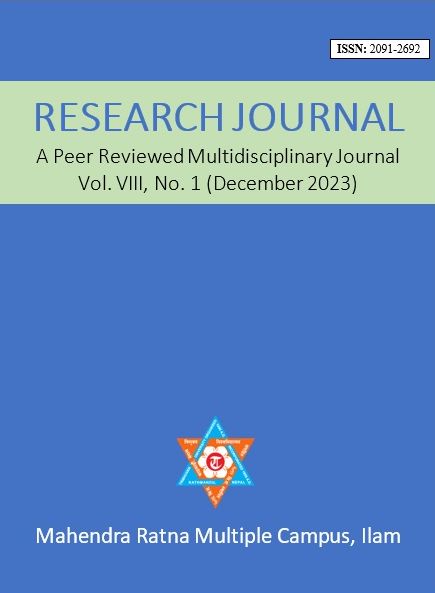Critical Perspectives in Language Education Research: Exploring English-generated Inequalities from Marxist-influenced Theory
DOI:
https://doi.org/10.3126/rj.v8i1.60993Abstract
This paper critically examines the major threads of critical perspectives that are pervasively employed in Social Sciences in general and language education research in particular. First, it examines briefly about three critical theories (viz. Marxist-influenced, poststructuralist and postcolonial) with reference to language education related notions. Then, building on the theoretical underpinnings of Marxist-influenced theory, it delineates and discusses the English language-generated issues and inequalities prevalent in the multilingual context of Nepal. The authors argue that English as a medium of instruction (EMI) has created social and epistemic inequalities between the students from dominant languages and indigenous communalities in Nepalese society. EMI has been implemented in the schools at the cost of other indigenous languages and posed injustice to the students from diverse linguistic groups. It is claimed that critical pedagogy as being one of the threads of Marxist-influenced perspectives can be employed to mitigate such inequalities.




